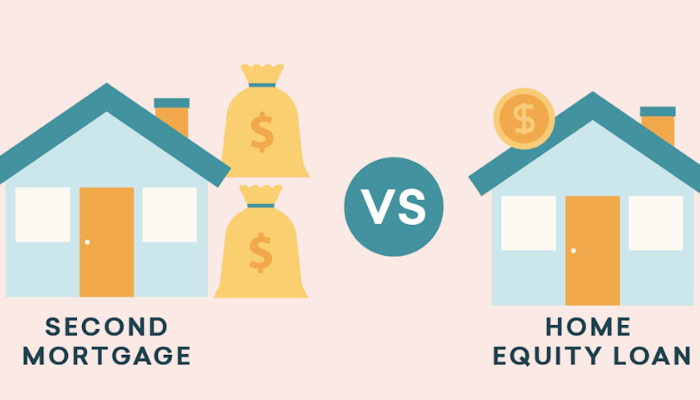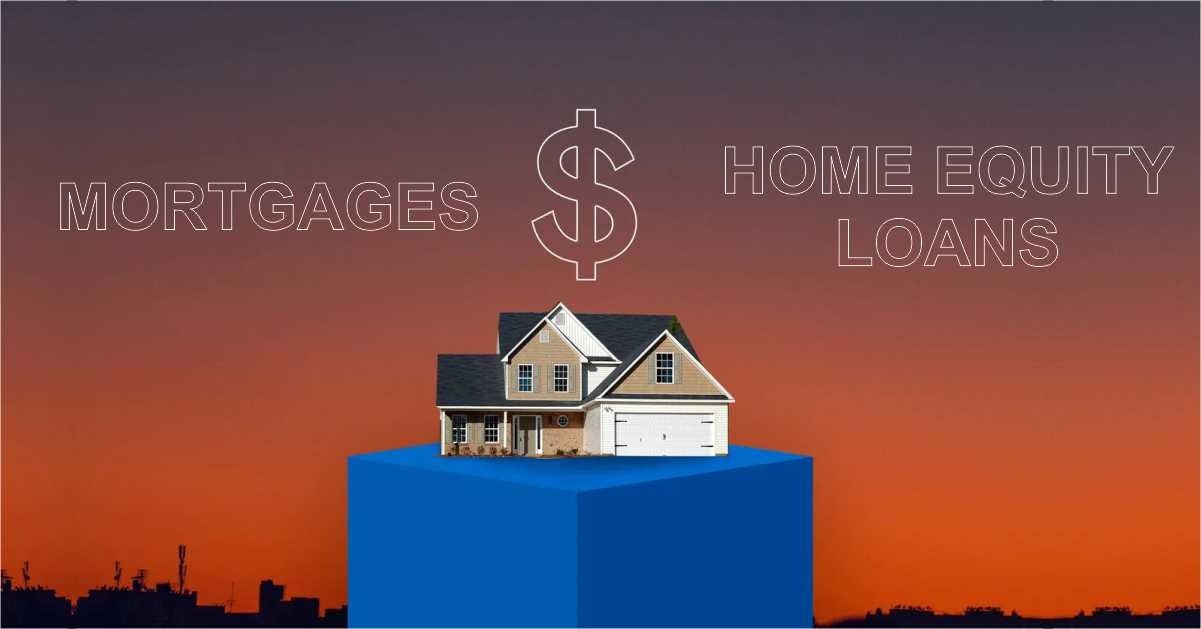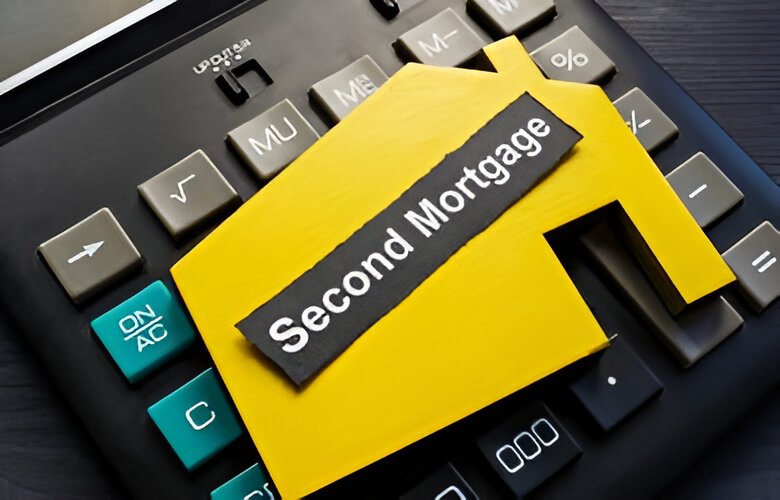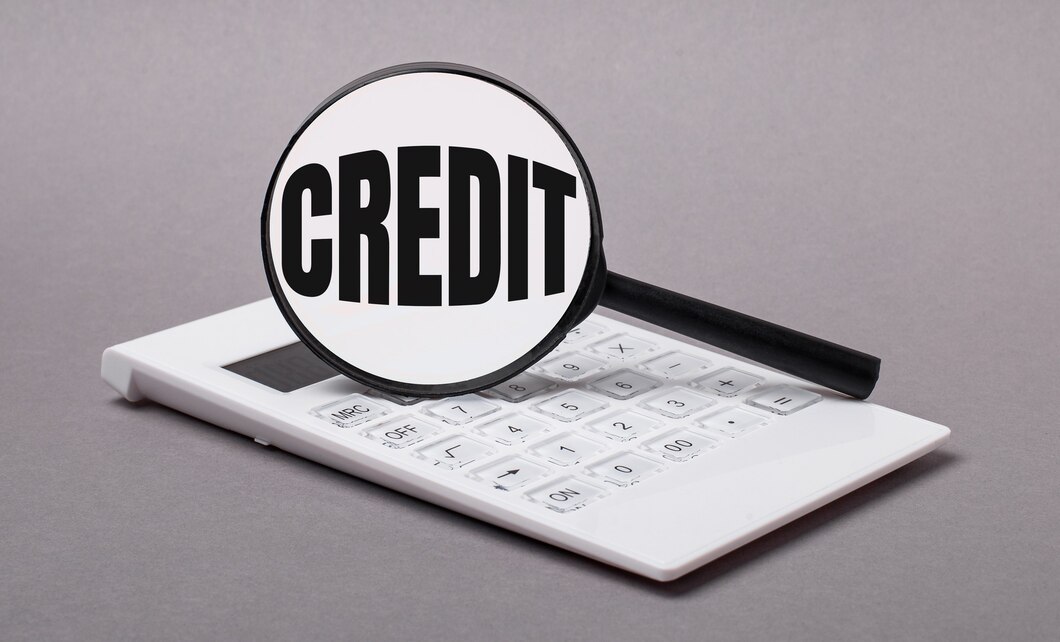Mortgages vs Home Equity Loans
Mortgages and home equity loans are both types of loans that require you to put your house up as collateral (or backing) for the loan. This implies that if you don’t make your payments on time, the lender will be able to seize your home. While the two loans kind have a lot in common, they also have some significant distinctions.
What is a Mortgage?
When people say “mortgage,” they usually mean a traditional loan in which a financial institution, such as a bank or credit union, lends money to a borrower to help them buy a home. In most circumstances, the bank lends up to 80% of the appraised value of the home or the purchase price, whichever is lower.

For instance, if a home is valued at $200,000, the borrower may be eligible for a $160,000 mortgage. The remaining 20%, or $40,000, would be required as a down payment by the borrower.
The mortgage’s interest rate might be fixed (constant throughout the period of the loan) or variable (changing once in a while). The borrower pays back the loan amount plus interest over a set period of time, usually 15 to 30 years. A mortgage calculator can help you see how different interest rates affect your monthly payment.
In the event that a borrower defaults on payments, the lender may foreclose on the property, or collateral. To collect its money, the lender sells the house.
Read More: How to Save Your Home from Foreclosure
If this occurs, this mortgage (also known as the “first”) takes precedence over any later loans secured by the property, such as a home equity loan (also known as a “second”) or a home equity line of credit (HELOC). Before any proceeds from a foreclosure sale are distributed to subsequent lenders, the initial lender must be paid in full.
Pros and Cons of a Mortgage
The key difference between a mortgage and a home equity loan secured against your house is that the loan is normally significantly less and paid off much sooner than your mortgage.
The main benefit of mortgages is that they allow you to borrow a large sum of money, which is ideal given the skyrocketing cost of housing in Canada. Furthermore, if you have strong credit, mortgage interest rates are among the lowest available in Canada for any type of loan.
A mortgage’s biggest drawback over a home equity line of credit, or HELOC, is its lack of flexibility. Until the mortgage is paid off, you must make monthly interest and principal payments, usually every month or two weeks. You do have some flexibility in terms of paying more than the standard sum, up to a point (typically between 15 to 20 percent extra per year). You cannot, however, pay less than your customary amount.
What are Home Equity Loans?
A mortgage and a home equity loan seem to be the same thing. The key distinction between a home equity loan and a standard mortgage is that a home equity loan is obtained after the property has been purchased and equity has been built up. A mortgage is the type of loan that enables a buyer to acquire (finance) a property in the first place.
A home equity loan is secured—that is, guaranteed—by a homeowner’s equity in the property, which is the difference between the property’s worth and the current mortgage balance, as the name implies. For example, if your home is worth $250,000 and you owe $150,000 on it, you have $100,000 in equity. You can use that money to take out another loan if your credit is good and you otherwise qualify.
A home equity loan, like a standard mortgage, is a fixed-term installment loan. Varying lenders have different criteria for how much of a home’s equity they will lend, and the borrower’s credit score plays a role in this choice.
Difference Between Home Equity Loans and Second Mortgages
A home equity loan is sometimes regarded as a second mortgage, especially if the borrower already has a mortgage on the property. When a home is foreclosed, the lender who holds the home equity loan is not paid until the initial mortgage lender is. As a result, the risk to the home equity loan lender is larger, which is why these loans have higher interest rates than standard mortgages.
Read More: Equity Based Mortgage Consultant

Not all home equity loans, however, are second mortgages. A borrower who owns their home outright may choose to take out a loan against the value of their home. In this scenario, the first lienholder is the lender who made the home equity loan.
These loans may have higher interest rates but reduced closing costs—an appraisal, for example, may be the lone requirement for the transaction to be completed.
Pros and Cons of a Home Equity Loan
When opposed to a mortgage, there are numerous main advantages of having a HELOC. One of its most appealing features is that it offers a rolling line of credit, similar to a credit card. When you pay off a debt, you have immediate access to that money.
Other benefits of a home equity line of credit over a mortgage in Canada include the following:
- You are free to utilize the funds for any purpose and at any time.
- You will not pay any interest if you do not borrow any of the available funds.
- It’s quite adaptable: you can pay off simply the monthly interest, the entire balance, or anything in between.
- The interest rates on secured loans are normally substantially cheaper.
- This adaptability makes them ideal for financing ongoing initiatives like home renovations.
- If you don’t have an emergency fund, you can use a HELOC to cover unforeseen costs.
However, there are a few drawbacks to taking out a home equity loan:
- It’s incredibly easy to get into debt (remember that a fifth of Canadian HELOC borrowers have borrowed more than $150,000).
- It can take a long time to pay off without a good plan.
- Interest rates on a home equity loan are often higher than on a traditional mortgage.
- Because interest rates are fluctuating, they could rise at any time. Budgeting may become more challenging as a result of this.
How are Mortgages and Home Equity Loans Similar?
Mortgages and home equity loans have a lot in common: they’re both secured loans backed by your house. If you fall behind on your payments, the lender may force you to sell your property to pay off the debt.
Calculations known as debt service ratios will determine the maximum amount your lender will provide. These consider your income vs your outgoings (mortgage and other debts), and lenders will only lend up to a specific percentage of your income. This is true for both a mortgage and a home equity loan: lenders must be confident that you can repay your debt.
Financial institutions will also consider the house’s value in relation to the loan amount (the loan-to-value ratio). Most lenders will only lend up to 80% of the home’s worth (unless it’s for a home purchase, in which case they may go up to 95%, but the buyer would have to pay for mortgage loan insurance).
Additional charges are often associated with new mortgages, refinanced mortgages (when you raise the amount of money you secure against your house), and any type of home equity loan. Legal fees, title search/insurance, and an appraisal are usually included (to confirm the value of your home). There are no additional fees for renewed mortgages (when you sign up for a new term but keep the same loan size).








